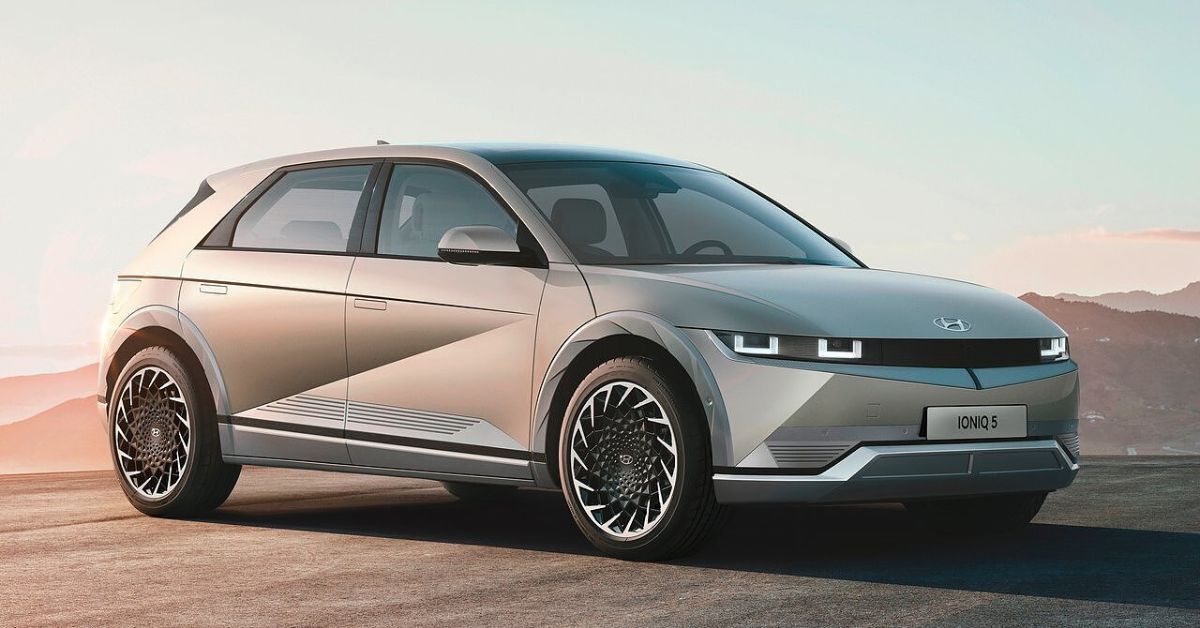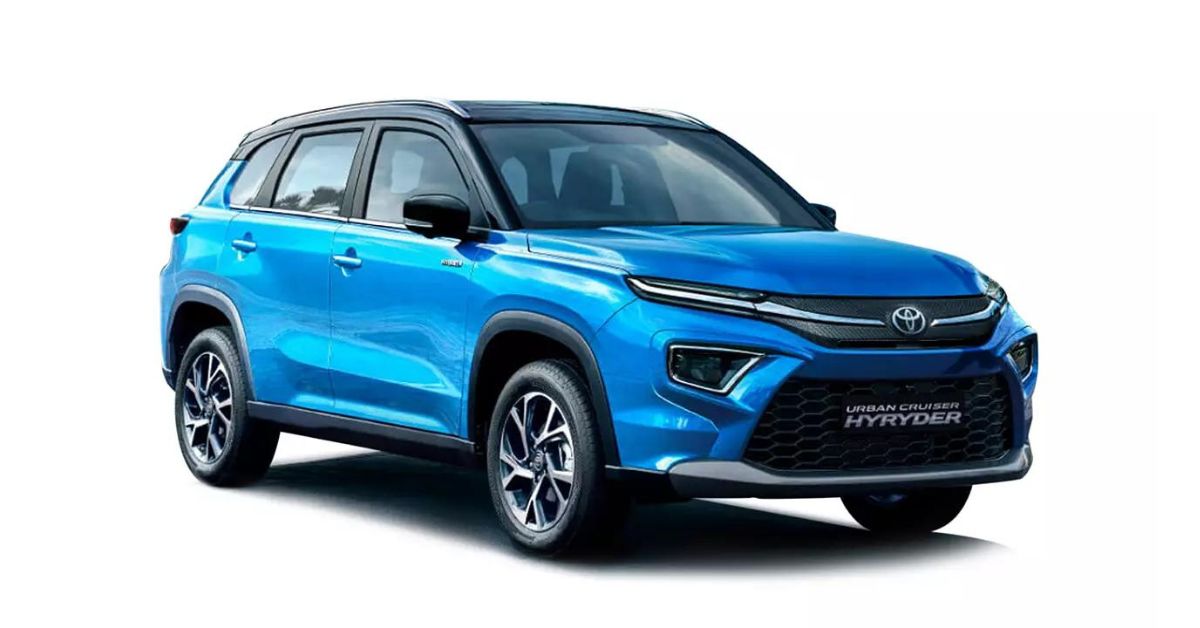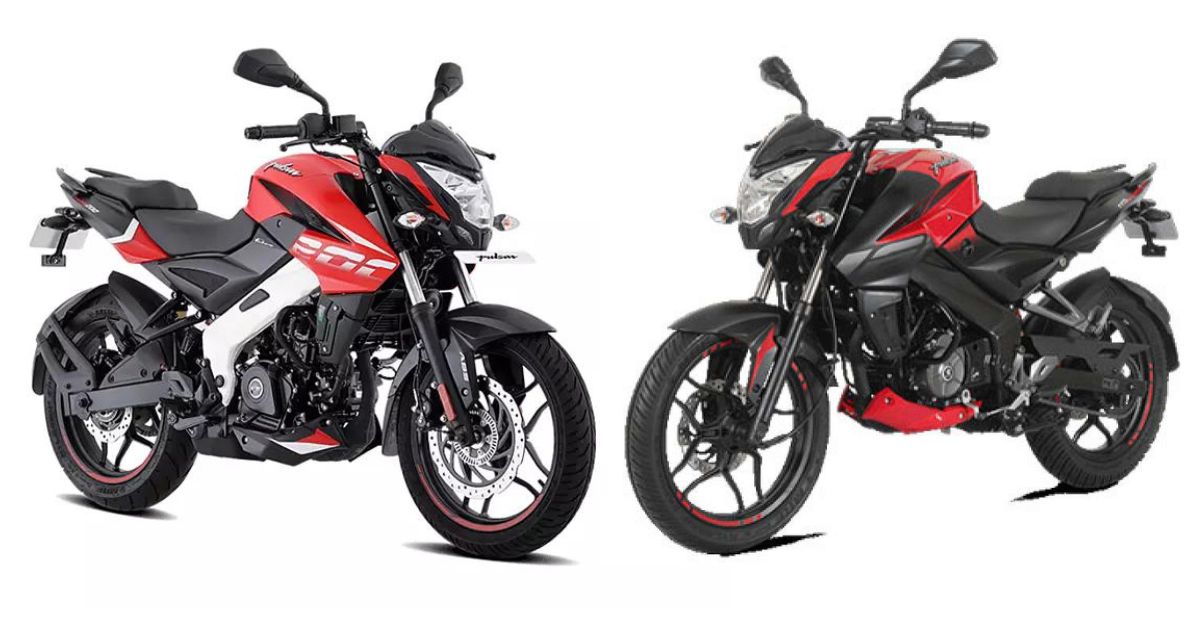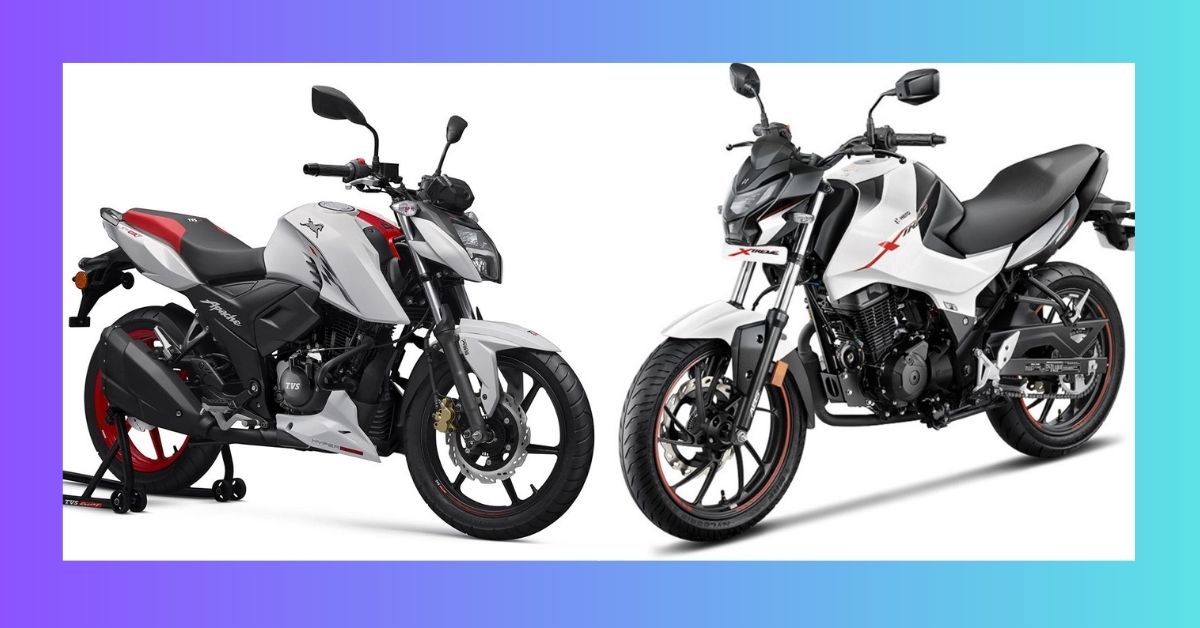Mercedes EQC could be assembled in India - Report
Mercedes-Benz, a renowned luxury automobile manufacturer, is reportedly considering the assembly of its popular all-electric SUV, the Mercedes EQC, in India. This development showcases the growing interest of global automakers in the Indian market and highlights the nation's potential as a hub for electric vehicle (EV) manufacturing. With India's push towards cleaner and sustainable mobility solutions, the possibility of local assembly for the Mercedes EQC holds significant promise. This article delves into the potential benefits, challenges, and implications of Mercedes' decision, shedding light on the future of electric mobility in India.
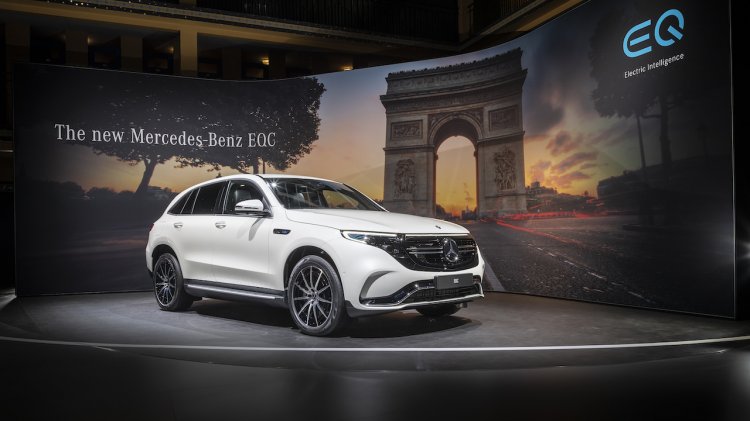
The Indian Electric Vehicle Market
India, with its vast population and increasing environmental concerns, is emerging as a lucrative market for electric vehicles. The government's efforts to promote EV adoption through incentives, subsidies, and the establishment of charging infrastructure have encouraged several automakers to explore opportunities in this sector. By localizing production, Mercedes-Benz aims to tap into the growing demand for luxury EVs in India while taking advantage of the government's 'Make in India' initiative.
Benefits of Local Assembly
Local assembly of the Mercedes EQC in India brings several advantages. Firstly, it can reduce the vehicle's cost by circumventing import duties and taxes, making it more accessible to Indian consumers. Secondly, it creates employment opportunities and promotes skill development in the domestic manufacturing sector. Additionally, local assembly would enhance the availability of spare parts and ensure faster aftersales support, further boosting customer satisfaction. Lastly, it contributes to the country's goal of becoming a manufacturing hub for electric vehicles, attracting more investments and technology transfers.
Challenges and Opportunities
While the assembly of the Mercedes EQC in India presents numerous opportunities, certain challenges need to be addressed. A robust charging infrastructure, a crucial aspect for EV adoption, must be established across the country. Moreover, localizing the supply chain and ensuring a consistent flow of high-quality components are essential for achieving cost-effectiveness and maintaining global standards.
To overcome these challenges, collaborations with Indian suppliers and leveraging the existing infrastructure of established manufacturers could be explored. Such collaborations could pave the way for technology transfers and knowledge sharing, benefitting both the Indian automotive industry and Mercedes-Benz.
Implications for Electric Mobility in India
The assembly of the Mercedes EQC in India is a significant development for the country's electric mobility landscape. It signals the increasing confidence of global automakers in India's potential as a manufacturing hub for electric vehicles. The localization of production will not only drive economic growth but also accelerate the adoption of electric mobility by offering more affordable luxury EVs to Indian consumers.
Furthermore, Mercedes-Benz's move is likely to encourage other automakers to follow suit, leading to a cascading effect on the electric vehicle ecosystem in the country. As more manufacturers enter the market and produce electric vehicles locally, it will stimulate healthy competition, leading to improved product offerings, increased affordability, and enhanced technological advancements.
The possible assembly of the Mercedes EQC in India is a significant step towards realizing the country's vision of electric mobility. It showcases the growing interest of global automakers in the Indian market while reflecting the government's efforts to promote domestic manufacturing and sustainable transportation. By capitalizing on India's potential as a manufacturing hub, Mercedes-Benz has the opportunity to cater to the rising demand for luxury electric vehicles and contribute to the nation's economic growth. This move will not only benefit Indian consumers by offering more accessible options but also foster a competitive environment that will drive innovation and propel India's journey towards a greener, cleaner future.

